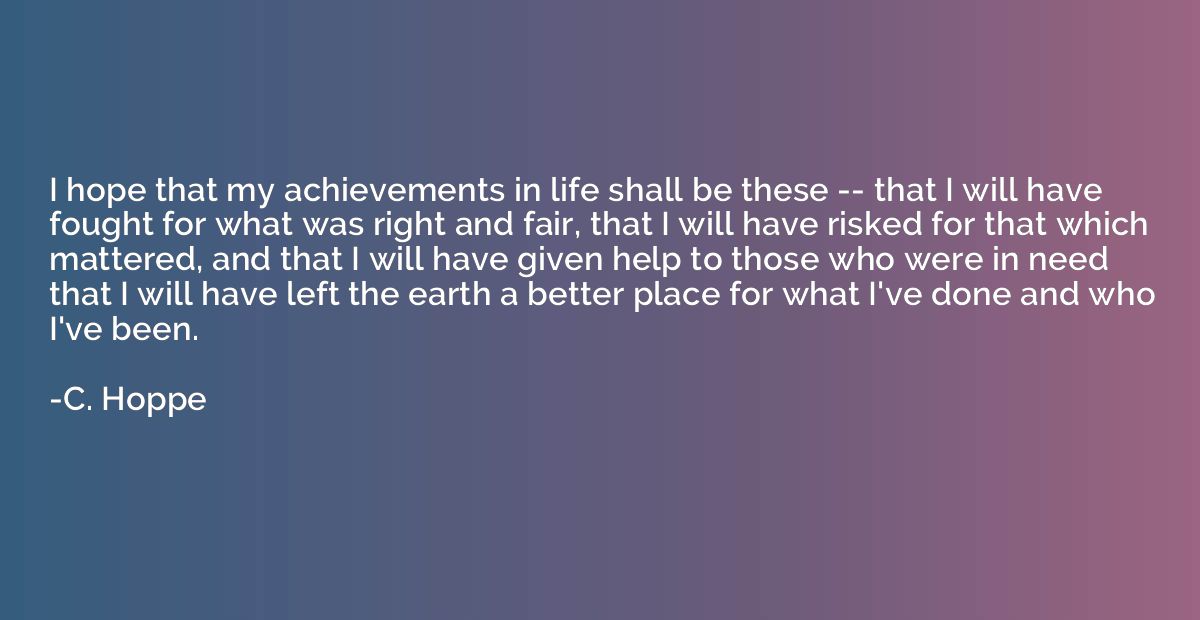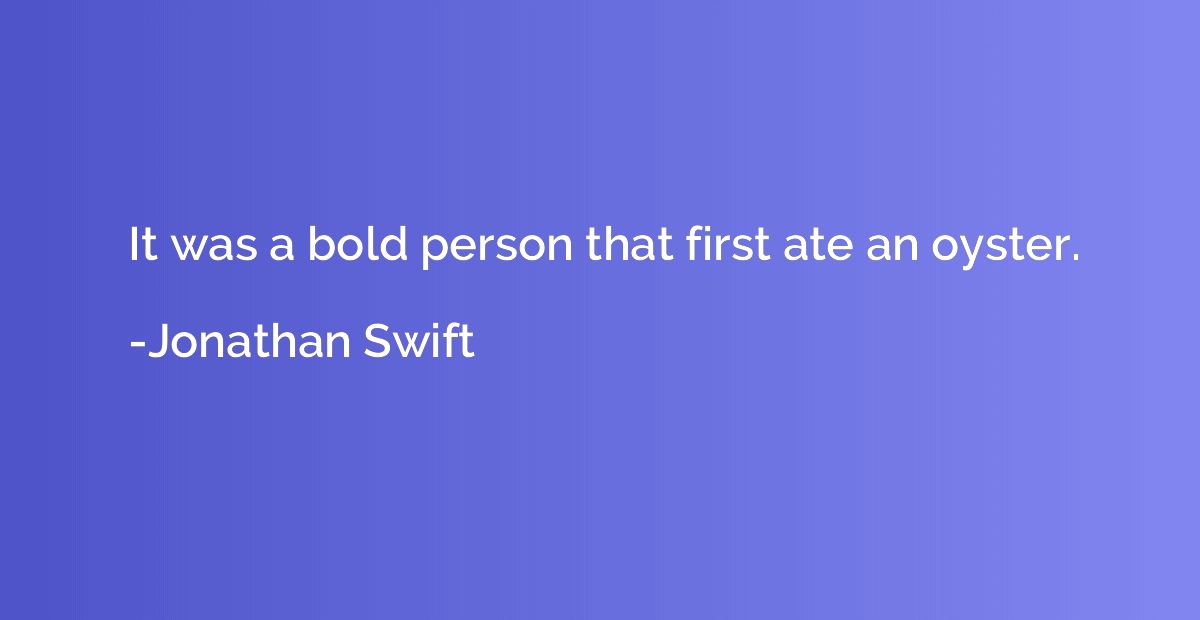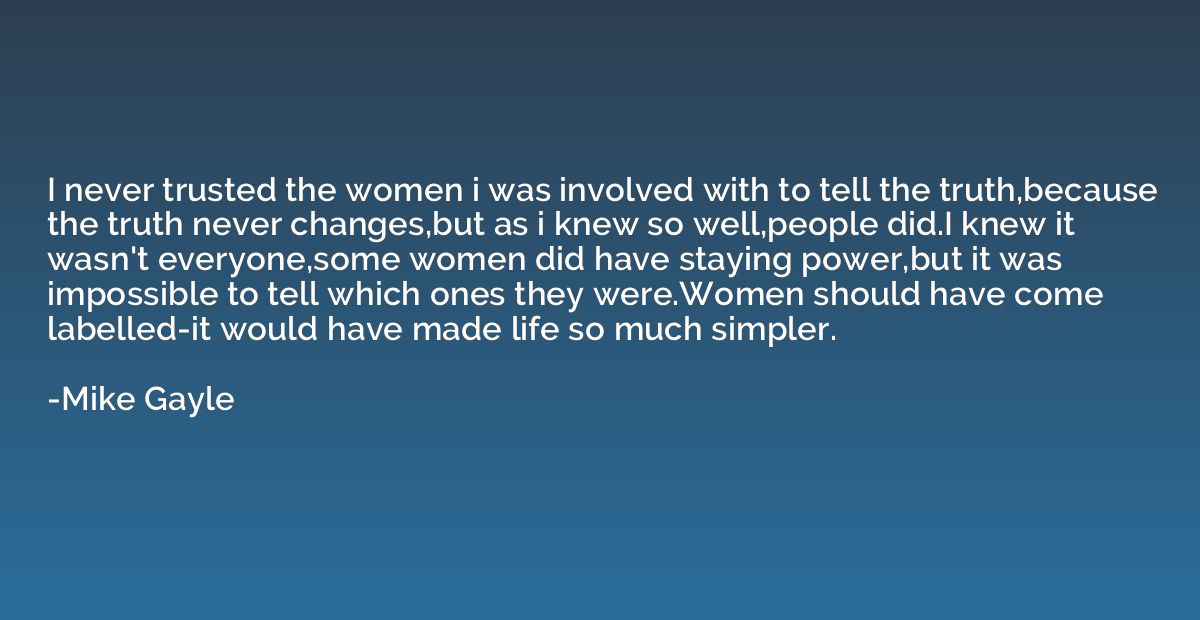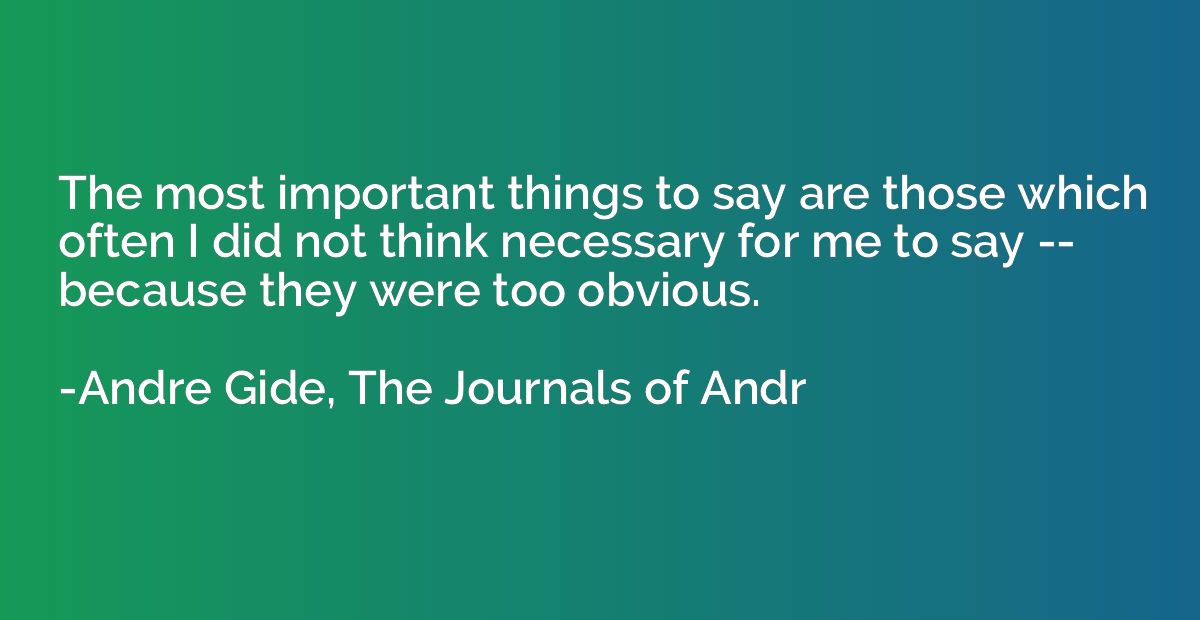Quote by Criss Jami
Constantly stopping to explain oneself may expand into a frustrating burden for the rare individual, so ceasing to do so is like finally dropping the weights and sprinting towards his goals. Those who insincerely misunderstand, who intentionally distort the motives of a pure-intentioned individual, then, no longer have the opportunity to block his path; instead, they are the ones left to stand on the sidelines shouting frustratedly in the wind of his trail.
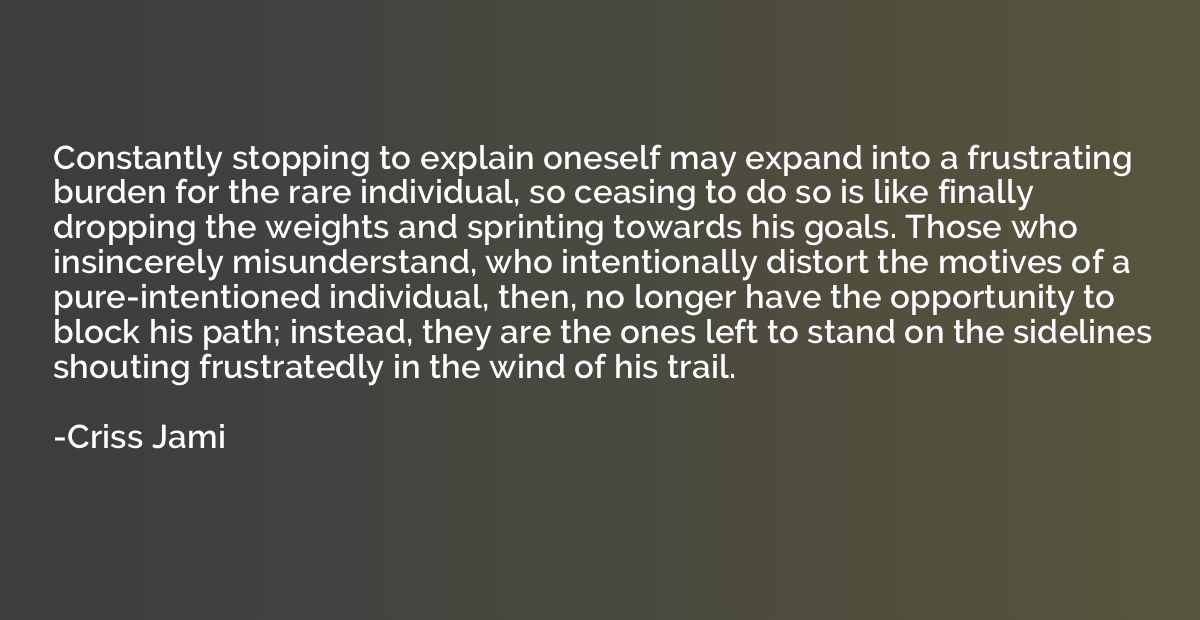
Summary
This quote suggests that constantly feeling the need to explain oneself can be exhausting and burdensome. The individual may choose to stop explaining themselves and instead focus on their goals and aspirations, metaphorically represented as dropping weights and sprinting forward. By doing so, they deny those who deliberately misunderstand their intentions the power to hinder their progress. Instead, these critics are left behind, futilely shouting in frustration while the individual confidently moves forward, unaffected by their negativity.
Topics
Goals Inspirational Individuality Motives Individual Intentions Frustration Burdens Accomplishments Explaining Explanations
By Criss Jami



